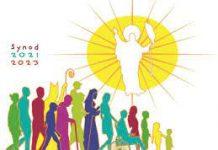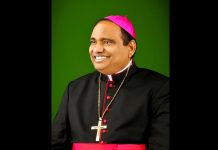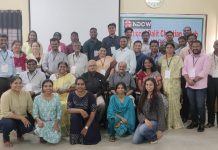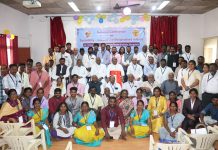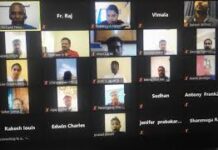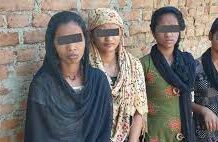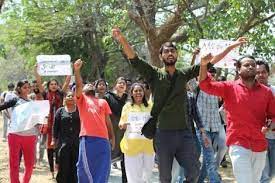By Purushottam Nayak
Bhubaneswar, December 5, 2022: The Union Government of India has stopped the pre-matric scholarship for Scheduled Caste (SC), Scheduled Tribe (ST), Other Backward Communities (OBC), and religious minority students of Classes 1 to 8 from the academic year 2022–23.
Moreover, Dalit Christian students are the most affected by this deprivation of scholarship from the Indian Government and are yet to enjoy SC status.
“As I am very poor, it is difficult to meet the financial expenses to educate my son, Ajad Chand Behera, who studies in class 8. Now, stopping the scholarship for my son only increases worry and anxiety in my life. It becomes an obstacle for Ajad to study further,” says Duita Nayak, a Dalit Christian woman.
“My dream to get a scholarship from the government for my son has been shattered,” bemoans Nayak.
“If we wish to see the progress of every citizen, the least, the lost, and the last communities should be well-taken care of,” says Father Augustine Singh of the Archdiocese of Cuttack-Bhubaneswar, one of the founding intellectuals of Rishimal College, Bamunigam, Kandhamal district, in the eastern Indian state of Odisha.
“It is the responsibility of the government, church, and intellectuals to support and assist poor and vulnerable students for education,” asserted Singh.
The Union Government says scholarships need not be given to students covered under the Right to Education (RTE) Act 2009, which makes it obligatory for the government to provide free and compulsory elementary education (classes 1–8) to every child.
Dalit Christian students bear the brunt of this decision. They continue to suffer from social discrimination as well as deprivation of educational support. The RTE Act makes it obligatory for the government to provide free and compulsory elementary education (classes 1–8) to every child in India.
The government explained that these students are covered under the RTE Act, 2009, which makes it obligatory for the government to provide free and compulsory elementary education (classes 1–8) to every child.
“Only students in classes 9 and 10 are now covered under the pre-metric scholarship scheme,” the government has said.
In the case of a pre-matric scholarship, the federal and state governments split the financial burden 75:25. A student is eligible if parental income from all sources does not exceed Rs. 2.50 lakh per annum.
Previously, it was available to 10 students from SC and OBC communities through the Ministry of Social Justice and Empowerment, ST students through the Ministry of Tribal Affairs, and minority communities through the Ministry of Minority Affairs.
The amount was Rs. 225 per month for day scholars and Rs. 525 per month for hostel residents for 10 months in a year. Books and an ad hoc grant for day scholars cost Rs. 750 and Rs. 1,000 for hostel residents.
Applications of students from classes 1 to 8 for the pre-matric scholarship were rejected this year by the Ministry.
The Union Government has sent notices to all states and union territories that the Institute Nodal Officer (INO), District Nodal Officer (DNO), and State Nodal Officer (SNO) may verify applications only for classes 9 and 10.
All those working in the education sector and parents have opposed the move by the Union Government.
“Poor children coming from SC/ST/Backward Classes and minority communities used to receive free uniforms, textbooks, bicycles, shoes, and scholarships. The scholarships are indeed incentives to encourage enrolment to attend classes and complete elementary education,” said Sister Manjula Bara, a social worker and advocate based in Rourkela, Sundargarh district, Odisha.
“An attempt to curtail their RTE, a fundamental right, is certainly an unfortunate move,” she added.







